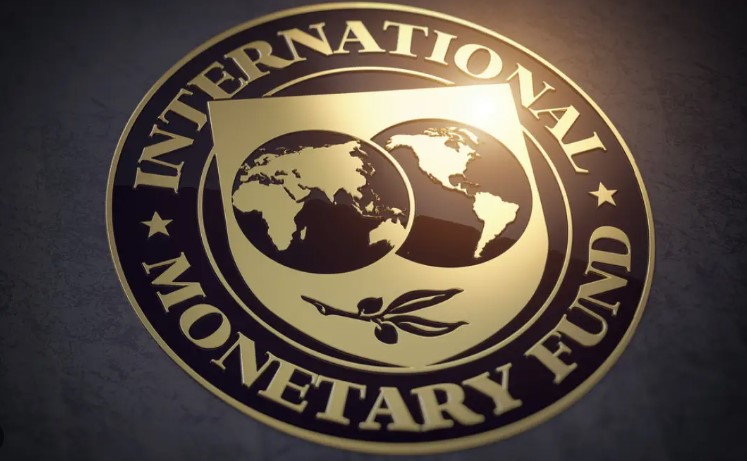EU economic outlook

A recording of the October 13, 2023 press briefing featuring IMF Managing Director, Alfred Kamer, Deputy Managing Directors, Laura Papi and Oya Celasun, and IMF Communications Officer, Jose Luis De Haro discusses the economic condition and outlook in the coming years. In the words of the aforementioned top IMF officials, Europe is now at a turning point in which it is facing high inflation, while at the same time it needs to ensure strong growth in green energy in the long term. European economies are expected to have slowed this year mainly due to tighter macroeconomic policies and high energy costs. And so far, labour markets have remained strong. But high frequency indicators also suggest a slowdown in services and hiring. Headline inflation is falling rapidly, but core inflation, which we use as a measure of underlying inflationary pressures, remains persistently high. Wage growth has now caught up with or exceeded inflation in several countries. In our growth forecast for this year, advanced European economies are slowing to 0.7%, down 3.6% compared to 2022.

Government leaders face risks in their decision-making, mainly due to persistent and volatile inflation in the EU, but also a more vulnerable period in terms of economic instability, a long-term slowdown in economic growth and the challenge of transitioning to a green economy, which casts doubt on whether European economies can return to their pre-pandemic growth trajectory.
Europe’s outlook for 2024
Economies are expected to recover gradually, but energy prices, commodity prices and wage growth are also expected to fall. European consumers are already starting to regain purchasing power, thanks to rising demand. This trend may differ from country to country in the European Union. For example, industrial and energy-intensive countries will recover at a slower pace. In the advanced European economies, economic growth is expected to fall to 0.7% this year and pick up to 1.2% next year. In the European economies and emerging markets, GDP is expected to recover to 2.9% next year. Headline inflation is expected to fall, thanks to lower energy prices. This year, average GDP in advanced European economies is expected to be around 5.8% and in emerging European economies around 11.9%. Most countries will not reach their inflation targets until 2025.